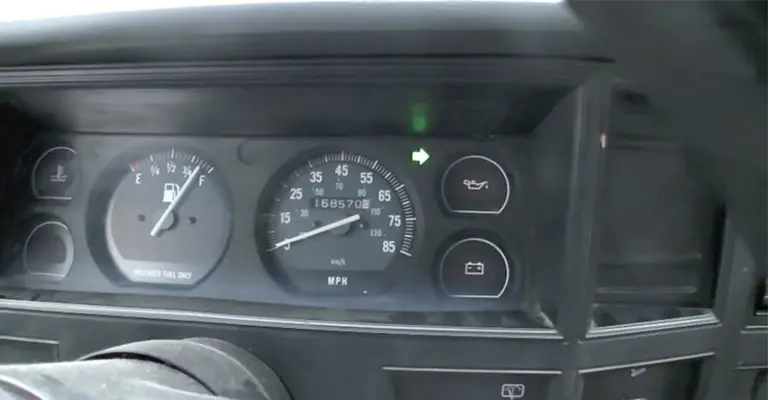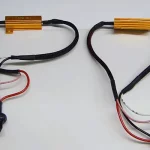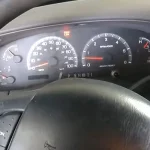Not only are turn signals a vital safety precaution, but they are also a legal requirement that must be followed.
In order to avoid getting pulled over and given a “fix-it” ticket, you should make sure that you have your turn signals working because if they don’t, drivers behind you won’t be alerted to your turns.
In most cases, if the turn signal on the dash stays solid instead of blinking, it usually means that there is a problem with the bulb.
You can also check the connector at the turn signal to see if both the power and ground are working and if the bulb is not the problem.
In addition, it is also possible that both turn signal bulbs act as ground points, but the wiring on the ground side could be faulty, which would cause the problem.
There could be a problem with your turn signal switch or wiring if you are unable to get power to the bulb.
When your turn signals don’t work, there is no warning light that will appear, but when the light is close to going out, your signal will usually blink faster than usual.
This is a problem that should be looked into by a professional and it is recommended that the turn signal bulb or switch be replaced.
As a result, if the turn signal light is still on when the headlamps are on, it is usually due to one of the three following problems.
- A shorted filament in a bulb
- The wire connector connecting the lamp assembly to the car wiring harness has been corroded
- The circuit board for the lamp sockets is corroded
The bulb should be removed, and the wire harness mating point should be checked for corrosion as well as corrosion in the socket.
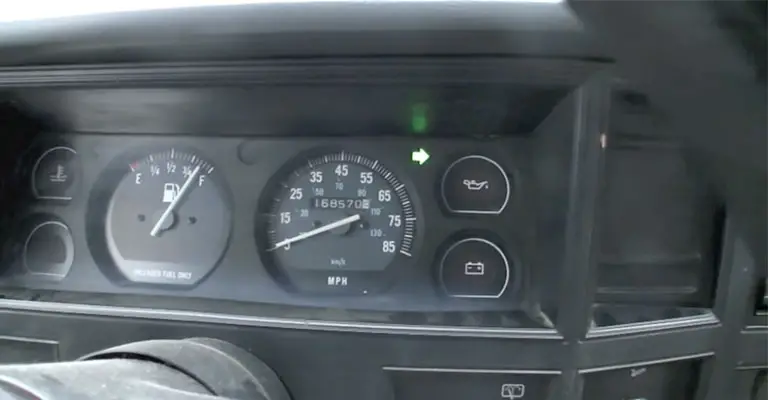
What Causes This Problem?
In this case, the ground is bad. A large part of the problem lies with the light sockets themselves, which aren’t grounded properly.
Electrical components require two (2) things for proper operation: a 12-volt supply and a ground.
Normal grounding of bulbs happens through the bulb case; in this instance, the grounding occurs through the opposite wire in the light socket.
With the lights on, the turn signals stop working because the opposite wire, which had previously served as a ground, is now sending a 12-volt signal. It won’t take long for everything to work again after turning off the lights.
Solution
It is important to make sure that the ground of your lamp is a known chassis ground whenever it is grounded.
In extreme cases, a separate ground wire may be run to the lamp assembly itself to eliminate paint or rust from the mounting surface.
Turn Signal Light Not Working? Here Are Some Common Reasons Why
When your turn signal light malfunctions, it isn’t damaging to your vehicle, but it is unsafe and illegal. You should have a mechanic take a look at it right away. A malfunctioning turn signal light can be caused by a variety of factors.
1. The Flasher Module Is Bad
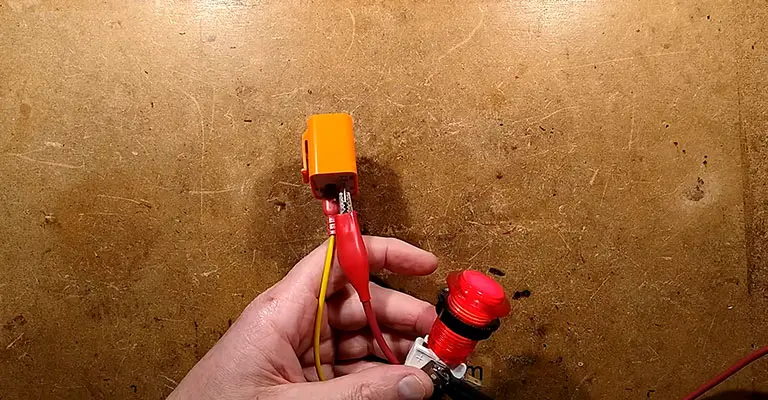
Traditionally, the flasher unit supplies power to the turn signal system. The fuse is connected to the flasher by a fused switched lead, which is only powered by the fuse when it’s “Hot in Run”.
It’s possible that your signals will turn on if this malfunctions, but they usually won’t flash.
2. The Turn Signal Switch Is Defective
When you turn on your turn signals, the turn signal switch sends a signal and current to the turn signals.
A malfunction or break of the switch prevents the turn signal lever from communicating with the turn signal light.
3. Sockets With Dirty Bulbs
Dust or debris can interfere with contact between the socket and the bulb if they get into the turn signal socket.
Turn signals can become intermittent or stop working altogether due to this problem. It is also possible that oxidization can cause this problem, effectively interrupting the circuit.
4. Bulbs That Have Burned Out
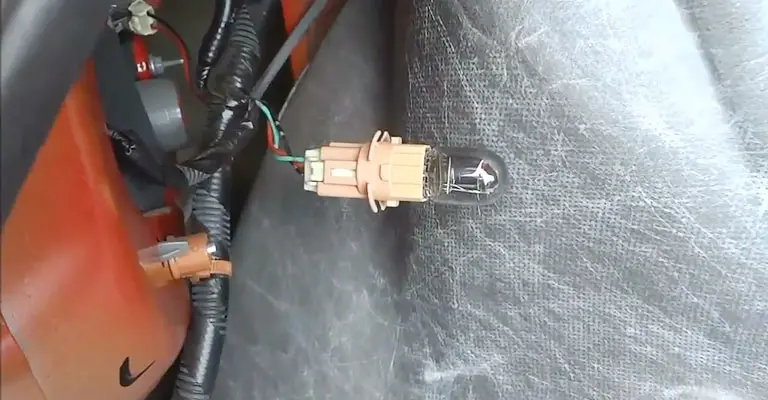
It is possible for turn signal lights to burn out and die just like all other light bulbs. With the high frequency of use, turn signal lights can die earlier than expected, even if they last a long time before they burn out.
5. The Fuse Has Blown
Fuses provide overcurrent protection for electrical units. They are low-resistance resistors that limit excessive currents, which powers electrical devices without damaging them.
Like all of the lights on and in a vehicle, turn signals rely on a fuse. When the fuse blows, electric power to the turn signals will be shut off entirely.
The Bottom Line
Eventually, a circuit will find a ground connection by “scavenging” it elsewhere if it can’t find its usual ground connection.
The current it pulls through the circuit, such as the left blinker light, can energize a bulb in it once it finds a ground by scavenging.
Make sure you don’t have a burned-out bulb as sometimes a burnt-out bulb causes the turn signals to be constant.

